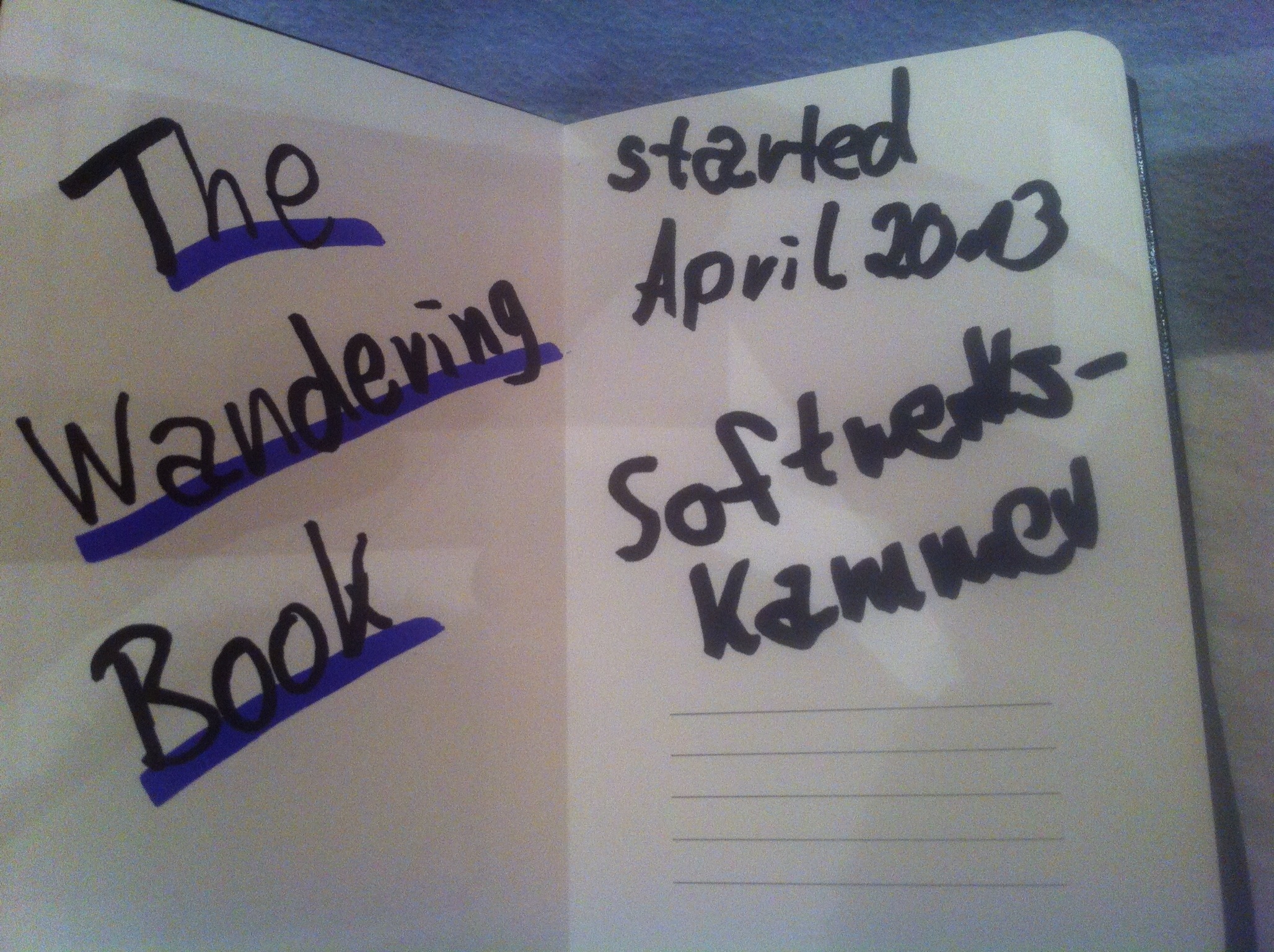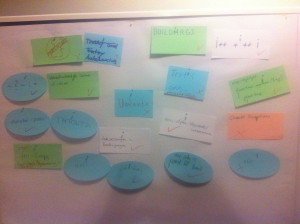I remember a talk from Cory Foy back at XP 2010 in Trondheim, Norway. He referred to Corey Haines as the happiest guy in the world. Although he lost his job, he started to travel around in the world, from shop to shop, from company to company. He was able to learn so much in a single year that he continued his journeyman tour after that.
One thing that Corey Haines invented alongside is a Coderetreat. Up until the global day of Coderetreat last year on 3rd of December I didn’t know what a Coderetreat actually is. At the core are six sessions of 45 minutes each where you solve a problem in code. Then you delete your code, and do it again – maybe with a different pair partner.
Recently J.B. Rainsberger invented the idea of a Legacy Coderetreat. The idea there is similar to a Coderetreat, but have to deal with legacy code and improve it. I attended one Legacy Coderetreat in the mean time, and it was quite interesting to solve the problem of a big mess of code.
At some point back last year I got in touch with Corey Haines and Adam Goucher. We bounced some ideas back an forth, and I refined them later with Adrian Bolboaca to yield a Coderetreat for testautomation code. Now I am happy to announce the first Testautomation Coderetreat in Munich on June 2nd.
Continue reading Coderetreat goes testautomation →


